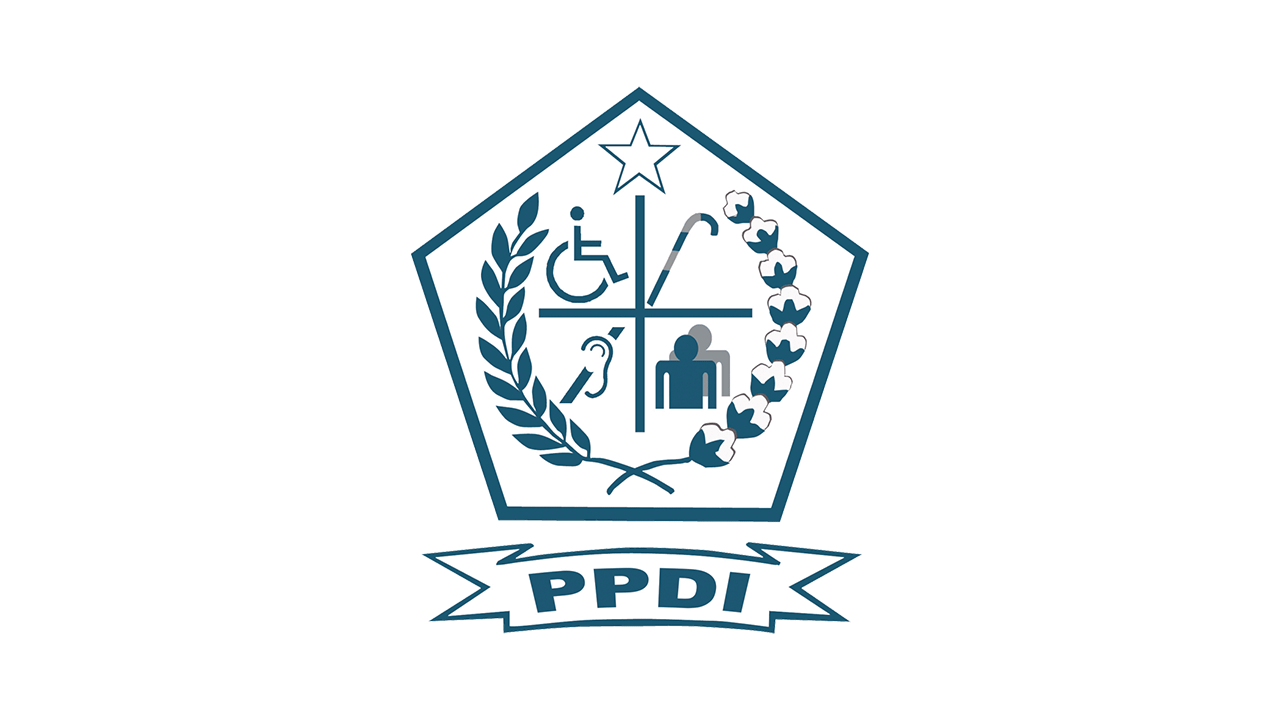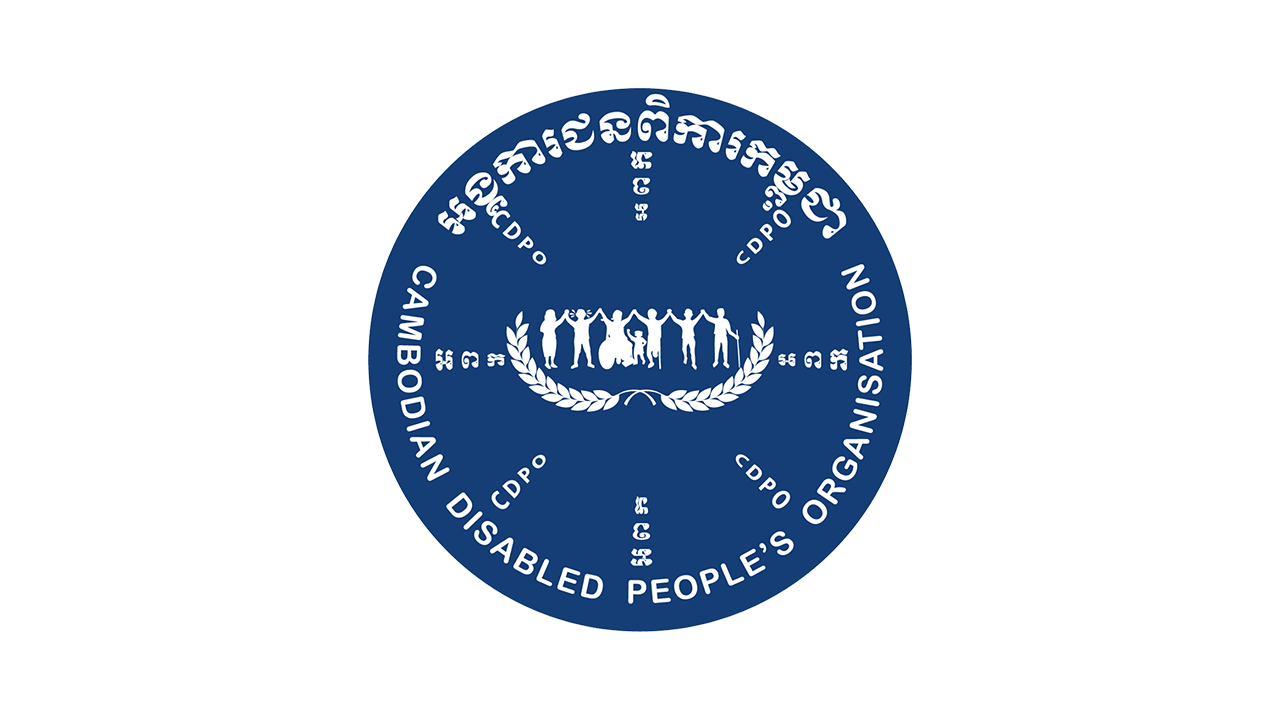On December 10, the General Election Network for Disability Access (AGENDA), ASEAN Disability Forum (ADF), and the ASEAN Secretariat (ASEC) jointly organized the third ASEAN web forum on disability-inclusion, smart cities, and connectivity. This web forum concluded the series of three web forums ASEC initiated to mainstream disability rights throughout all three ASEAN pillars (political-security, economic, and socio-cultural). In his opening remarks, the Deputy Secretary-General of the ASEAN Socio-Cultural Community (ASCC), H. E. Kung Phoak, emphasized that the establishment of the ASEAN Smart Cities Network (ASCN) serves as a collaborative platform for the ten ASEAN member states to work together to design smart cities that are inclusive and people-centered. He encouraged all ASEAN governments to put universal design-based accessibility at the heart of their approach and actions when expanding service provision and building new infrastructure for smart cities.
During the first session moderated by Miguel Musngi, Senior Officer of the Poverty, Eradication and Gender Division (PEGD) of ASEC, the Director of the ASEAN Connectivity Division of ASEC, Lim Chze Cheen, pointed out that smart cities’ development must ensure both digital and non-digital services are accessible and inclusive for all. Examples of these services includes digital features like online payment, shopping and registration systems while non-digital services are public transportation, tourism information centers and health care facilities. ADF Chairman, Lim Puay Tiak, urged that the digitalization of services must be made accessible for persons with disabilities to help them interact and communicate with others more easily. Cai Cai from the United Nations Economic and Social Commission for Asia and the Pacific (UNESCAP) stressed that inclusiveness means that people with different degrees of functionalities should be able to participate in all dimensions of city life on an equal basis with others. Therefore, smart cities development must ensure that accessibility of information communication and technologies (ICTs) services and technological solutions should be made available for all persons across different types of disabilities. Angela Mwai from UN-Habitat highlighted that one of the biggest challenges to creating more inclusive smart cities is raising public awareness on disability inclusion, the needs of persons with disabilities and the accessibility of ICTs services. Mwai also noted that innovations and technology solutions are often not designed to accommodate the unique needs of persons with disabilities. She encouraged the members of the ASCN to work together to find innovative solutions that are inclusive for all.
During the second session moderated by Jacel Javier Paguio, Senior Officer of PEGD of ASEC, Town Planner Dr. Alias bin Rameli from PLANMalaysia addressed the strong commitment of the Malaysian government to promote disability inclusion in accordance to the United Nation Convention on the Rights of Persons with Disabilities (UNCRPD) and other regional human rights instruments. This commitment has resulted in the creation of inclusive policies and increased allocation of funding to support smart and disability-friendly city development in Malaysia. Mr. Sawang Srisom from Thailand spoke about the lessons learned from the establishment of Transportation for All (T4A), a network comprised of the Thai government and other stakeholders including persons with disabilities and their organizations to support the implementation of accessible public transportation in cities in Thailand. Tolhas Damanik from AGENDA stated that it is crucial to ensure the full participation of persons with disabilities in the community to avoid discrimination. Tolhas emphasized that the ASEAN Enabling Masterplan 2025 (Enabling Masterplan) and the ASCN complements each other in the goal to make ASEAN countries more inclusive by 2025.
The Head of PEGD of ASEC, Dr. Sita Sumrit, concluded the web forum by summarizing recommendations from the discussions which included the need for ASEAN to: (1) promote and mainstream universal design and disability perspective in smart cities and sustainable urbanization; (2) advance data, research and capacity building for the implementation of disability-inclusive smart cities, including public transport; (3) strengthen the collaboration among stakeholders including persons with disabilities and their organizations to enhance digitalization for all; (4) create supportive financing frameworks by engaging private sectors; (5) foster monitoring and evaluation through accessibility audits.










